Power of Healthcare Data Analytics: Transforming Medicine in the Digital Age
In the dynamic landscape of modern healthcare, data is king. The advent of technology has propelled the industry into the era of healthcare data analytics, revolutionizing the way medical decisions are made. With the vast volumes of data generated through electronic health records (EHRs), wearable devices, clinical trials, and even social media, the potential for uncovering valuable information is endless. Analytics platforms can now process and analyze this data at incredible speeds, enabling healthcare providers and researchers to make data-driven decisions for better patient care. According to a survey conducted by the Healthcare Information and Management Systems Society (HIMSS), 91% of healthcare organizations have invested in population health analytics so far.
Recent Developments In Healthcare Data Analytics:
Predictive Analytics for Precision Medicine:
One of the most significant advancements in healthcare data analytics is the integration of predictive models in precision medicine. By analyzing a patient's genetic makeup, lifestyle factors, and medical history, predictive analytics can identify personalized treatment plans with higher efficacy rates. This targeted approach reduces trial-and-error treatments, minimizing adverse effects, and accelerating recovery.
Real-time Monitoring with IoT:
The Internet of Things (IoT) has revolutionized patient monitoring. Wearable devices and remote sensors can continuously track vital signs and other health metrics, transmitting real-time data to healthcare providers. This seamless flow of information allows for timely interventions, reducing hospital readmissions, and enhancing patient engagement in their health management.
Future of Analytics in Healthcare:
Augmented Reality in Surgical Planning:
Healthcare data analytics is also making waves in the operating room. Augmented reality (AR) is being utilized to fuse preoperative imaging data with real-time patient anatomy during surgery. This technology assists surgeons with precise navigation, leading to more accurate procedures and improved patient safety.
Population Health Management:
Healthcare providers are leveraging data analytics to enhance population health management. By analyzing large datasets from diverse patient populations, healthcare organizations can identify trends, risk factors, and potential outbreaks, leading to targeted public health interventions and preventative measures.
Future Expectations:
Artificial Intelligence (AI) and Machine Learning:
According to recent studies, “almost a quarter of all healthcare dollars spent in the United States were wasted and the leading causes of this expenditure include avoidable and correctable system drawbacks, such as subpar vigilance delivery, overtreatment, and improper health care delivery. Artificial Intelligence (AI) based systems, in contrast, can dramatically reduce such inefficiencies, resulting in a considerably more efficient and cost-effective health ecosystem.” With the integration of AI and machine learning algorithms healthcare data analytics can be transformed as well. AI-driven predictive models are expected to enable early detection of diseases, personalize treatment recommendations, and even identify potential drug candidates faster than traditional methods.
Data Security and Privacy:
With the immense potential of healthcare data analytics comes the responsibility of safeguarding patient data. In the future, robust data security measures and privacy protocols will be paramount to protect sensitive patient information from potential breaches. The healthcare cybersecurity market size was valued at USD 9.52 Billion in 2020 and is expected to reach USD 24.1 Billion by 2026, growing at a CAGR of 16.70% during the forecast period.
Conclusion:
Healthcare data analytics is a force of change, propelling medicine into an exciting era of data-driven decision-making. Recent developments have already showcased the potential to improve patient outcomes, optimize healthcare operations, and advance medical research. Emerging trends and future expectations promise even greater advancements, paving the way for a more efficient, precise, and patient-centric healthcare system.
As we continue to unlock the power of healthcare data analytics, collaboration among healthcare providers, data scientists, and technology experts will be crucial. By harnessing the potential of data analytics responsibly, we can reshape the future of healthcare and ensure a healthier world for generations to come.


